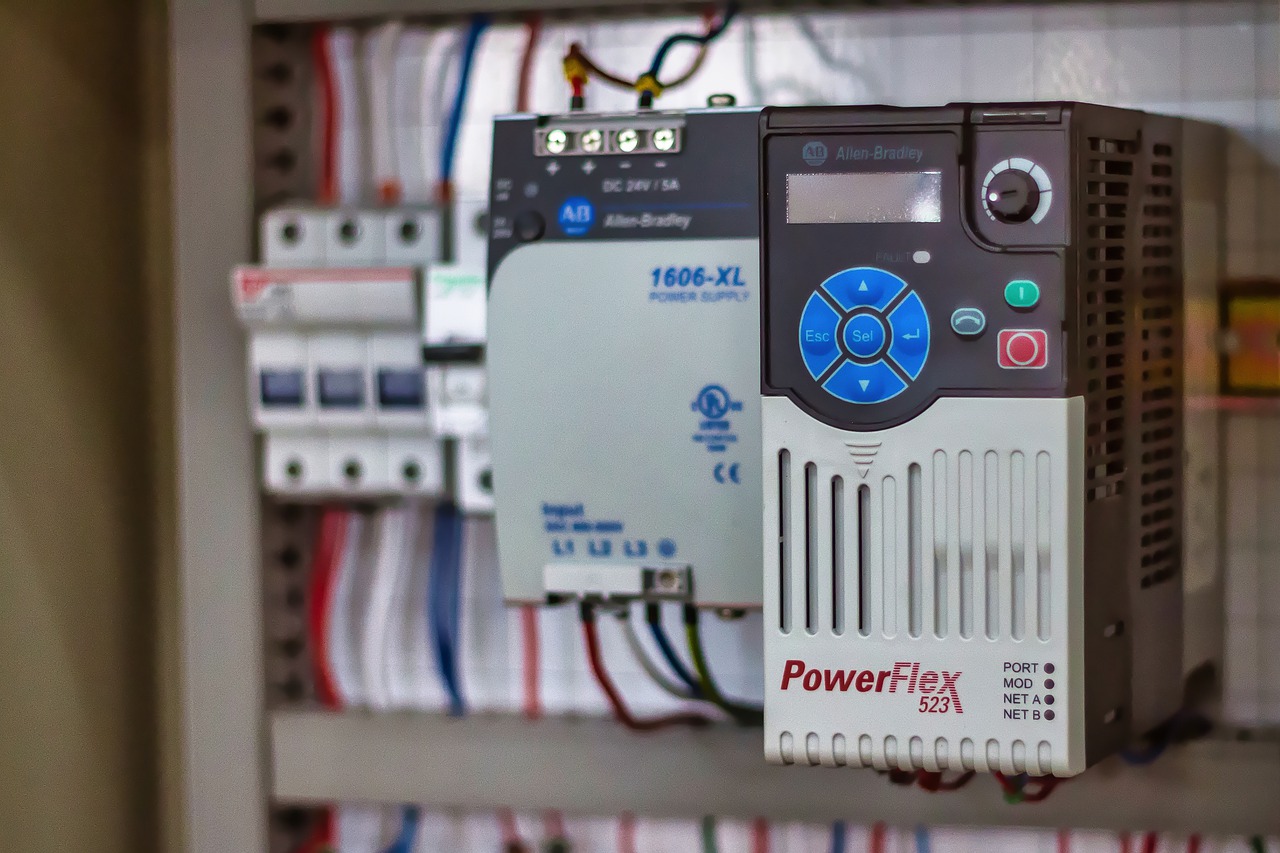Important Applications of Electric Motors

Electric motors are referred to as electromechanical devices that convert electrical energy into mechanical energy. To be precise, electric motors are powered by stored electrical energy. In many cases, it draws power straight from an electrical connection.
But usually, electric motors operate by generating rotating magnetic fields to produce rotational force. The rotational force produced then drives the shaft, which in turn results in the operation of the machine. Electrical motors are usually triggered by a DC or AC source.
Components of an Electric Motor
An electric motor comprises an array of components. Each component plays an integral role in the overall operation of the motor. Let’s take a glance at some of the important components of an electrical motor.
- Stator
In typical electric motors, the stator is the inactive part of the electromagnetic circuit. It comprises permanent magnets and windings. Stator plays a decisive role in decreasing energy losses.
- Rotor
The rotor is the main part of the electric motor which moves. One of its main functions is to rotate the shaft so that mechanical energy can be produced. Advanced electric motors comprise rotors made of conductors.
- Windings
Windings are usually referred to as the wires covering the magnetic core of the motor. Their main function is to create magnetic poles when an electric current passes through them.
- Air Gap
The air gap is known as space which lies between the rotor and stator. The impact of the air gap mainly relies on the gap. The air gap is the main reason behind the energy efficiency of electric motors.
Working Principle of Electric Motor
Typically, the working principle of electric motors is based on the fundamentals of electromagnetic induction. The basic working principle depends on the mechanical energy which works on the conductor by emphasizing the flow of the current.
As electric motors have a magnetic field, the armature winding utilizes energy in the generation of sufficient torque. The working principle of the motors also depends heavily on the armature winding and the field winding.
Applications of Electric Motors in Various Industries
Electric Motors have a wide array of application in a variety of equipment throughout the industry. Some of the common applications of the electric motor are as follows:
- Fans and Blowers
- Lathes
- HVAC Equipment
- Heavy-Duty Industrial types of machinery
- Compressors
- Crushers
- Electric Pumps
One has to be careful in the selection of the electric motor. For instance, the motor should be selected to match the startup power of the machine. What’s more, an improperly matched motor can pose serious problems to the machine, which may even lead to failure. Motors with varying voltage specs are available which allows technicians to match industrial equipment with the right motor drive shaft balancing.
Three-Phase Electric Motors
Three-phase motors are constructed in such a manner that they can withstand severe operating conditions. Usually, a majority of three-phase motors are ideal for Division 1 locations. They are most commonly used in sensitive pieces of machinery where performance output matters greatly.
Compressor Motors
Air compressor motors are the ideal devices with the help of which high levels of power and torque can be generated. They are most commonly found in driving portable and fixed air compressors. Compressors motors are also extensively found in high-grade industrial plants.
HVAC Motors
As the name suggests, HVAC motors are used extensively in HVAC equipment. They are designed to endure the hot and humid weather conditions. As they are placed mainly outside, they come with various layers of insulation that shields them from sun and snow. HVAC motors usually comprise of two phases for effective functioning.
Motors in Electric Pumps
Motors used in electric pumps have just enough power to function without overloading. The motors used in pumps come with special shafts for use with mechanical seals. Interestingly, these motors are widely used in centrifuges too. Greenshields the electric pump in your house most commonly uses this motor.
Motors in Crushers
Crushers are always in need of high torque to deliver the desired output. This is the reason that the motor used in crushers have a high starting torque. Crushers comprise heavy-duty components and a separate casing for the motor. It makes sure that the motor can function effectively irrespective of the load in the machine.
So as you can see, motors have a versatile application in today’s industrial scenario. Even basic home appliances at home like washing machines contain motors. Motors are an indispensable part of our everyday lives. Proper maintenance can no doubt elongate the lifespan and operational efficiency of electric motors.
Author’s Bio
Stephanie Fleming has been teaching mechanical engineering for many years. She has an avid interest in the daily applications of electric motors and how they make human lives simpler.
References
https://www.nature.com/articles/035410a0
https://www.thomasnet.com/articles/machinery-tools-supplies/types-of-motors/






